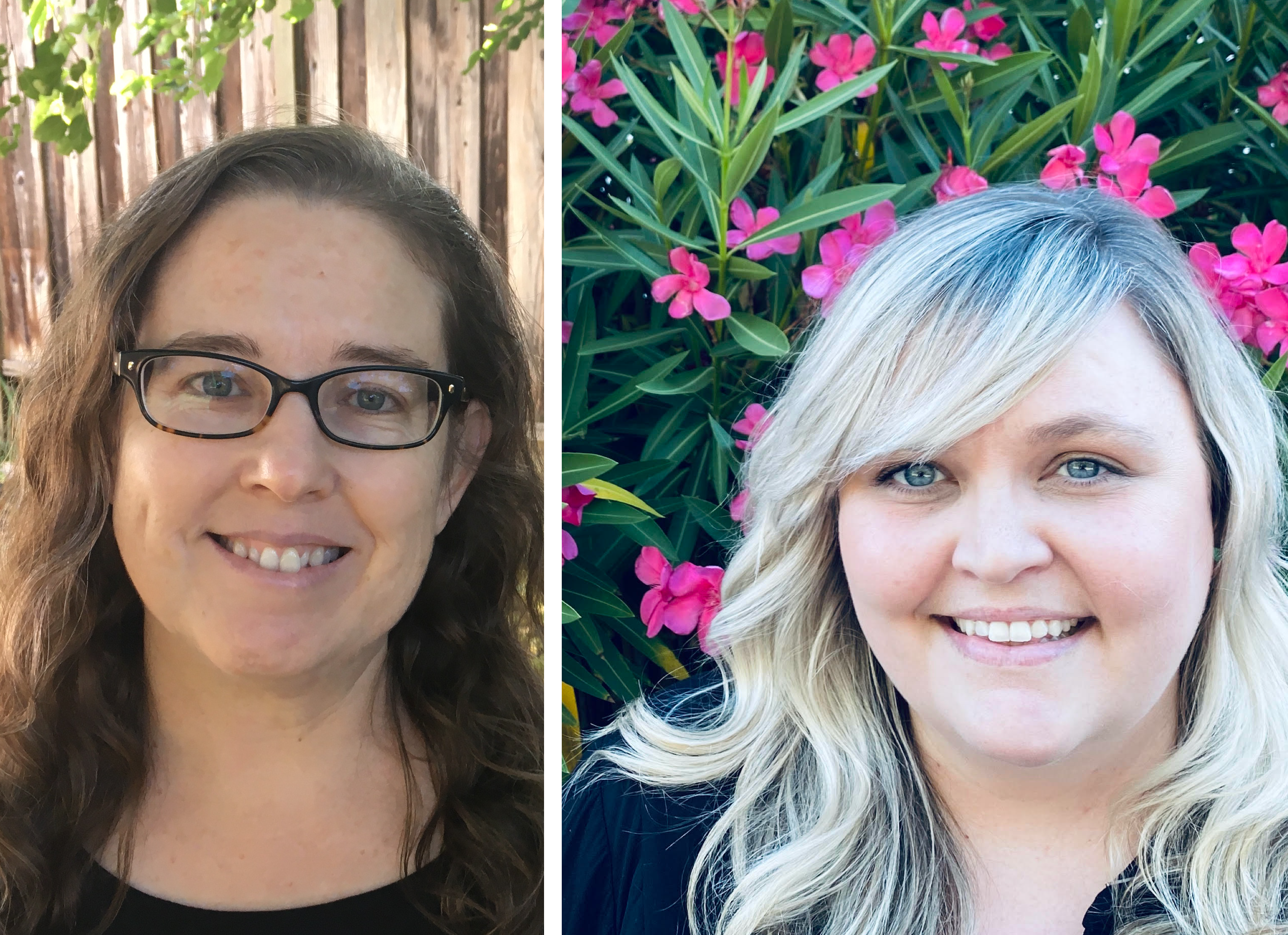
Composition Program Adjusts Writing and Assessment Practices to Focus on Inclusivity
A number of Saint Mary’s professors participated in a writing workshop focusing on writing assessment models that challenge traditional assessment methods. This event, held August 14, followed the previous day’s SMC Zoom talk by Professor Asao B. Inoue, “How Can Saint Mary’s College of California Be Antiracist and Address White Supremacy?” (Click here to read that story.) The talk, part of Saint Mary’s continued focus on inclusivity, embraced creating rubrics that no longer measure students against a single standard, a practice that Inoue and others claim is based on racist policies.
Assistant Professor of Rhetoric and Composition Elisa Findlay and Associate Professor and Director of Composition Meghan Sweeney discussed how new writing and assessment practices work toward making the Composition Program more inclusive.
Findlay said the recently acquired Academic Growth and Innovation Grant helps to “make sure that our assessment practices are aligned with best practices in the field and research in the field, but also that they’re aligned with anti-racist pedagogy.”
Sweeney, who authored the proposal for the grant, outlined the Composition Program’s approach to align with best practices and anti-racist pedagogy, which includes directed self-placement and writing about writing curriculum, as well as factors mentioned by Inoue.
“One thing that I thought was profoundly important was that [Inoue’s] talk provided a historical and theoretical foundation for the fact that language is tied to racist structures, and the idea that [there should be] a standard way of speaking [and writing] is deeply problematic and racist,” emphasized Findlay.
“Traditionally, we’ve had a basic writing course that students would get placed into,” said Sweeney. “This would be an extra writing course that they would have to pay for and take, which would put them behind, and we’ve eliminated that with the new curriculum and directed self- placement,” she said.
“The basic premise of a writing-about-writing curriculum is that students develop meta-cognition around writing; if they learn about writing, they’ll be able to write better,” explained Findlay. “So, instead of thinking about writing classes as a space where writing is in service of the study of other subjects, we’re thinking about our composition classes as courses where writing is the subject and the practice.”
The Composition Program had already begun implementing anti-racist practices to challenge the white supremacist history of standardized testing and grading brought up in Inoue’s talk. “We’re implementing these practices into English 4c, 5c, the new courses we’ve created with the grant,” said Sweeney. “We’ll be assessing it and seeing how it affects students, viewing surveys to find out how students perceive this change, so we can start furthering those conversations around campus.”
In addition, both Professors Sweeney and Findlay have already moved their grading methods away from a single, white standard of grading to one that is inclusive of differences. Sweeney, who has been using a grading contract method for the last two years, finds this to be successful and helpful in making students grow as writers. “Students love it. Students have said that they really felt free to take risks in their writing. Especially for the students who often felt like they never quite did well enough in writing classes and could never figure out why, they really felt like they could put in the labor and have more control over a practice that really seems difficult for many,” she said.
Sweeney added that her contract grading method follows Inoue’s, in which all students start with a B letter grade and with extra labor directed at improving their writing, such as reflecting on a visit to the Center for Writing Across the Curriculum or doing an extra revision, can move their letter grade up to an A, as long as they have also completed the writing and participation requirements for the course.
Findlay uses a portfolio method of grading, which emphasizes engaging in a robust writing process over creating a “perfect” finished product. Students choose how they will engage and critically analyze their own engagement through reflective writing. “In those portfolios,” she said, “there are pieces of writing that are ungraded. And the idea is not that grades disappear entirely from the class because obviously, we’re teaching at institutions that require grades, but that instead of the agency over grades being entirely in the hands of the professor deciding ‘this is good’ or ‘this is bad,’ that agency is given to the students.”
Both professors are optimistic about these changes, and hope Inoue’s talk and the Composition Program’s structural changes will inspire professors from other programs and departments to make changes within their capacity, leading ultimately to a more diverse and inclusive environment at Saint Mary’s.
Read more about SMC’s Composition Program here.